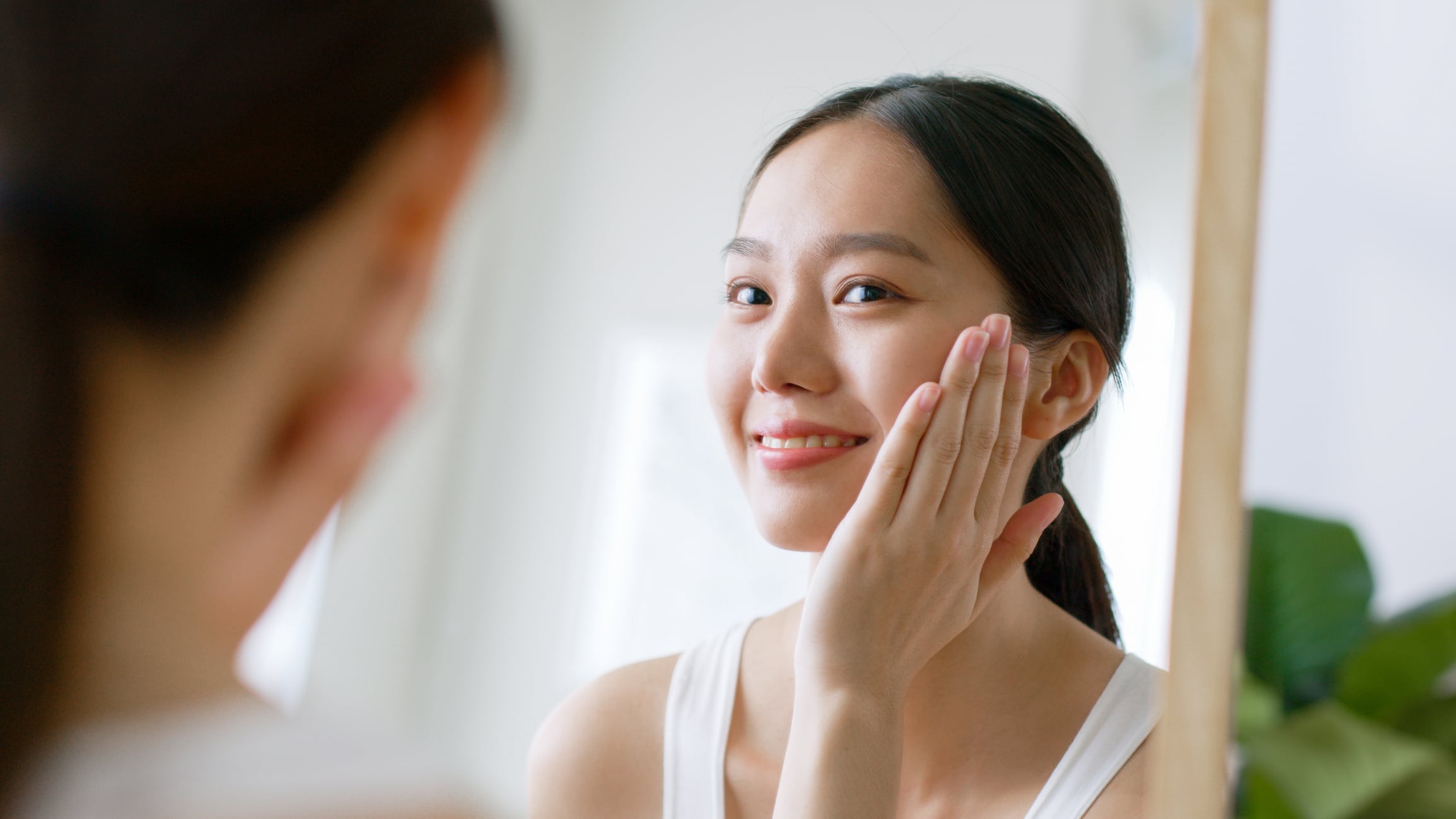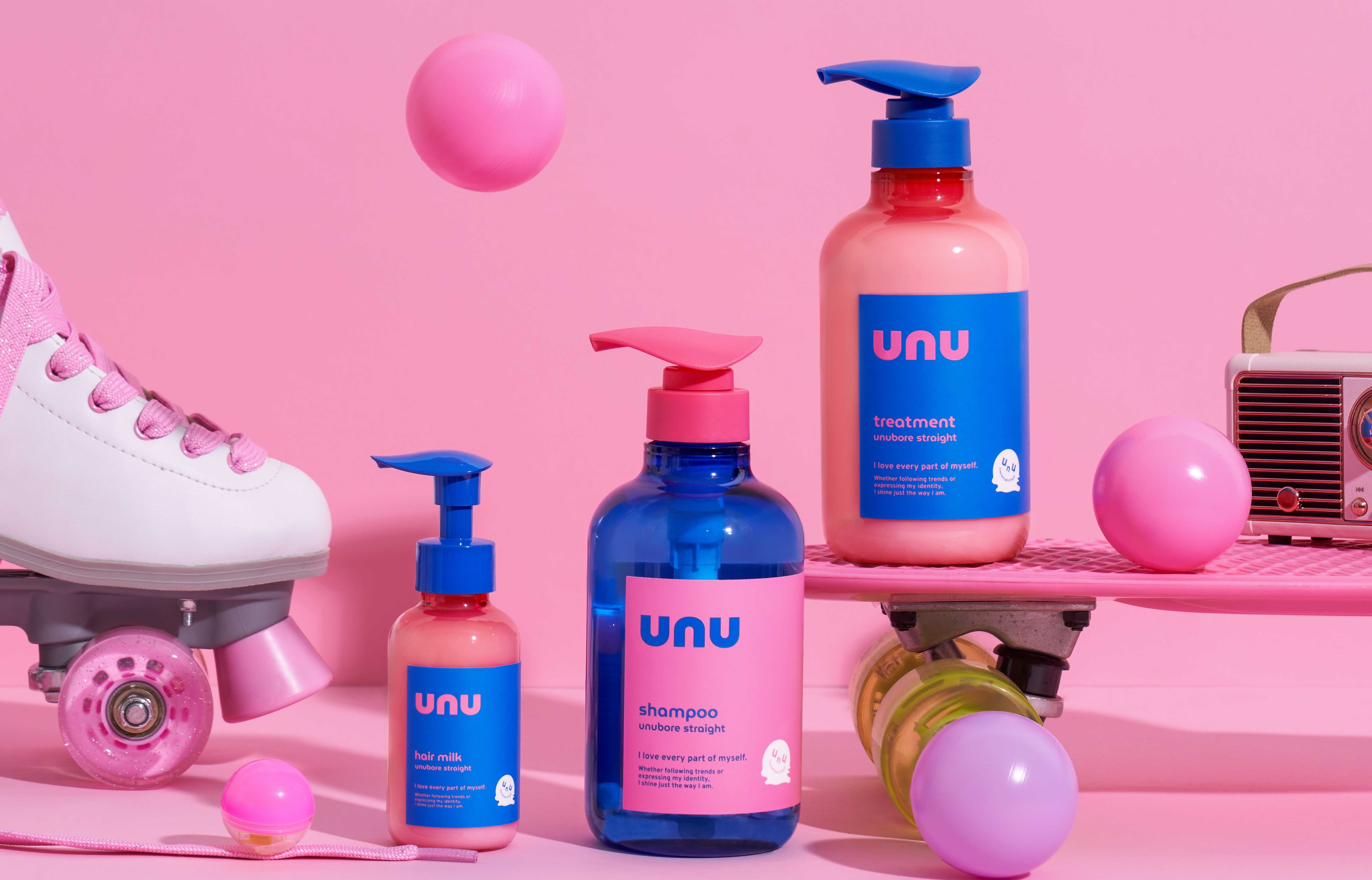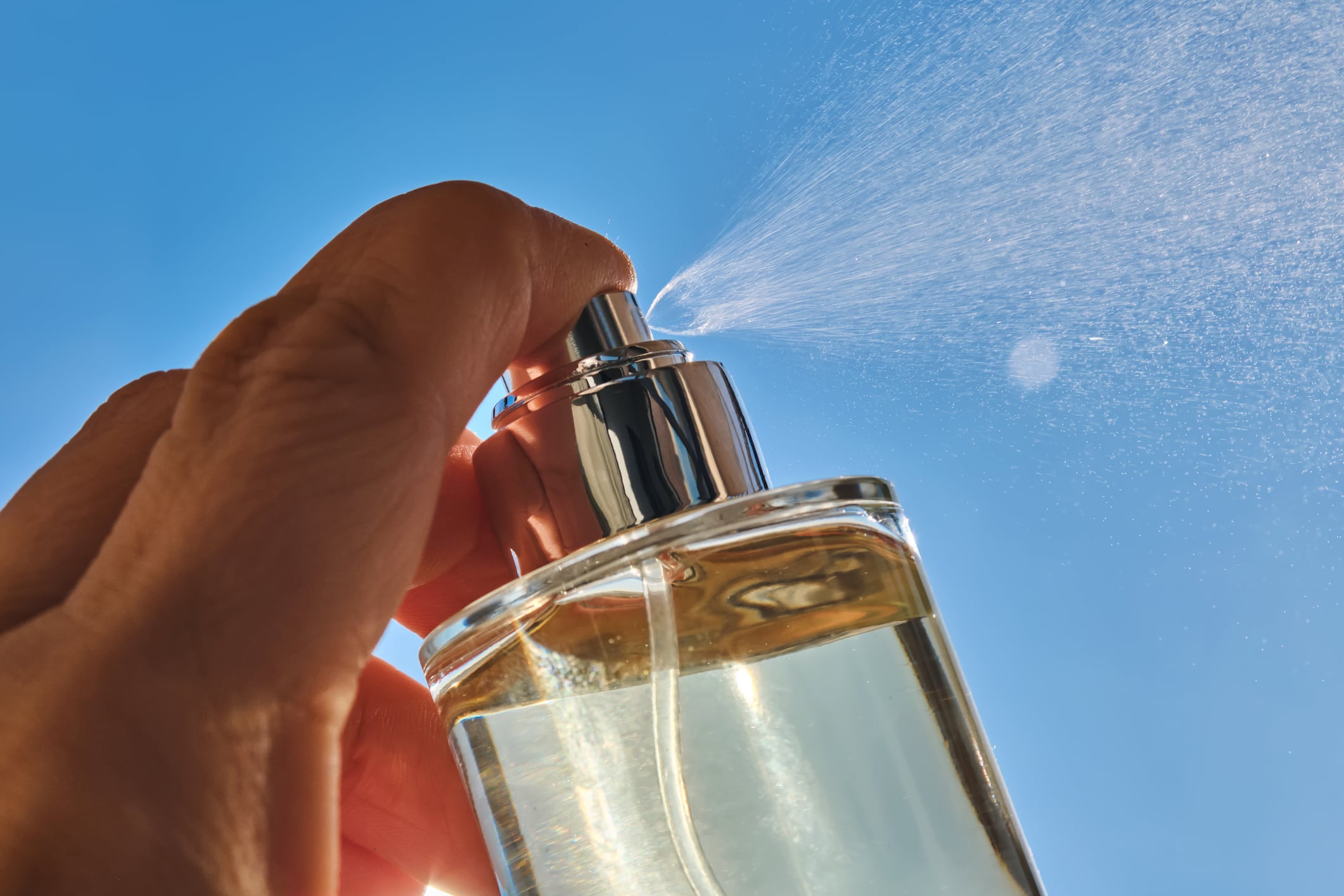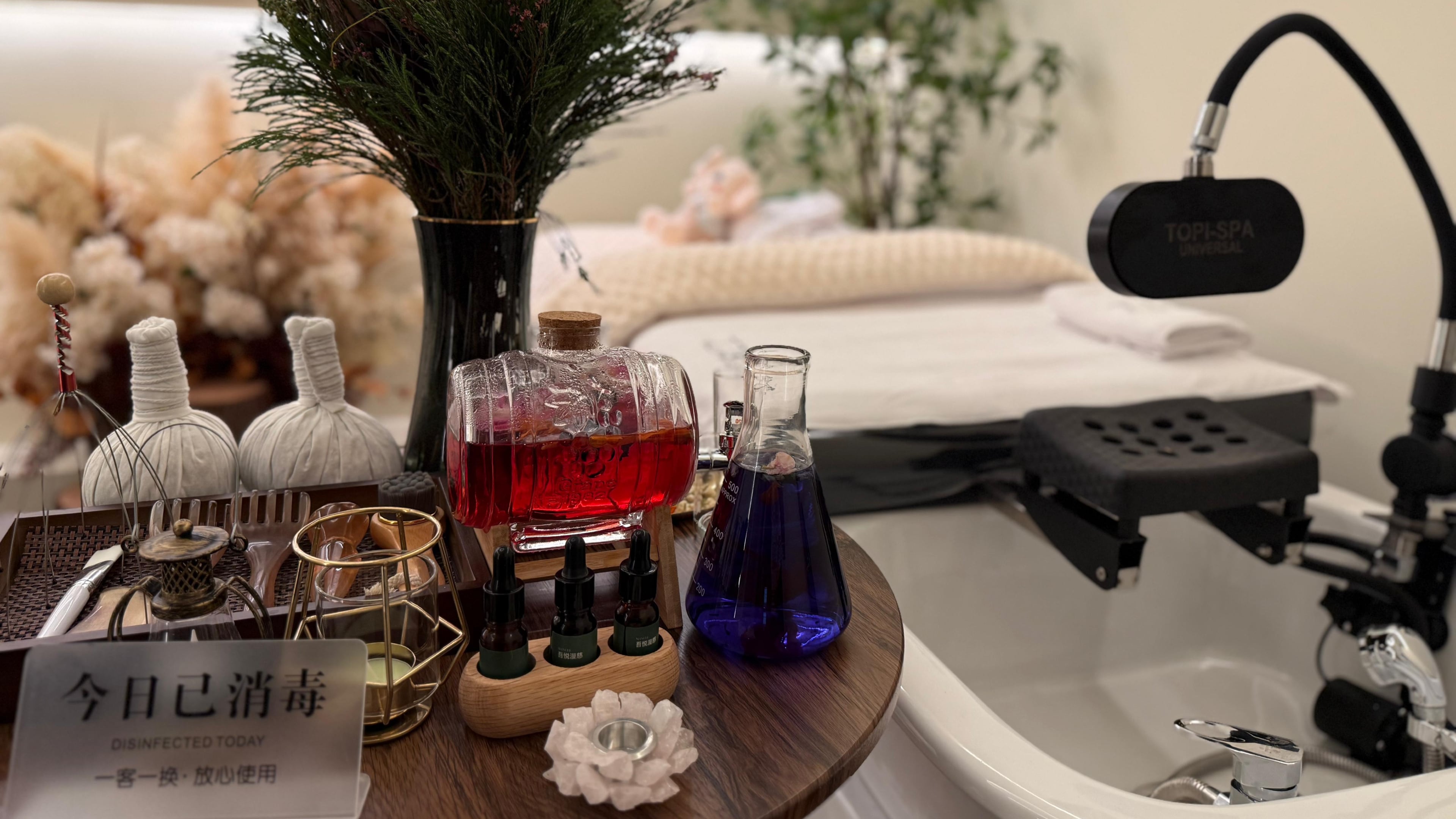According to Sanjana Balani, founder of India-based Potion Hybrid Skincare, holistic beauty is at the moment a matter of merging self-care and wellness.
“For centuries, Asian populations have invested in wellness and it’s now showing up in [its connection to] our skin, which has become a new health marker. Especially in Asia, we are seeing this shift in beauty from vanity to functional and ritualistic. Skin is no longer aesthetic, it’s diagnostic.
“In fact, in South Korea and Japan, people who have good skin are respected more as it seems as if they are on top of their game. I’m not saying you have to be free of acne because no one is perfect, but just having healthy skin is seen as a huge marker of health, self-care, and wellness,” she told CosmeticsDesign-Asia.
Due to Asia’s rich history in traditional medicine and rituals, the link between mental well-being and skin health has long been rooted — although not widely recognised — in this region.
“In Asia, we have the luxury of tradition and there are so many rituals that we’ve grown up with that contribute to wellness, but never realised how they contribute to our skin as well. When managing stress, Japanese may do tai chi, South Koreans may focus on fermented and gut-friendly foods, and Indians may practise yoga.
“We may have different methods of doing it, but at the end of the day, it’s about bringing down cortisol levels [which is linked to skin benefits]. We’re also seeing how people in Asia are now buying products to regulate stress, sleep, gut health, and hormones, while conversations about polycystic ovary syndrome (PCOS) and thyroid issues are increasing.”
Tradition meets technology
Balani has observed that in the western part of the world, many people are “seeking purpose” not only in skin care, but across all categories.
“They’re searching for something to ground them. People are doing Pilates, drinking matcha or turmeric latte, taking ashwagandha — anything that gives them a little bit of grounding, which I believe only stems from time-tested ingredients as well as self-care and wellness routines that they are now learning about.
“While Asians have picked up efficiency and technology from the west, Americans and Europeans are increasingly adopting traditions and infusing them into their lives for more balance. I think it’s beautiful and that the trend is going to continue growing.”
On the same note, Balani said that Potion is “huge on” amalgamating tradition and technology, with the base of each formulation being timeproof ingredients, including neem, hibiscus, and charcoal.
“We have very strong ties to ingredients that our ancestors passed on to us. But at the same time, we don’t solely depend on them because in the world that we live in today, we are exposed to blue light, pollution, mental health issues etc.
“Therefore, we have taken ingredients with a proven track record and that have been tested through generations, and combined them with bioactive compounds developed through biotechnology to form the perfect formulation.”





